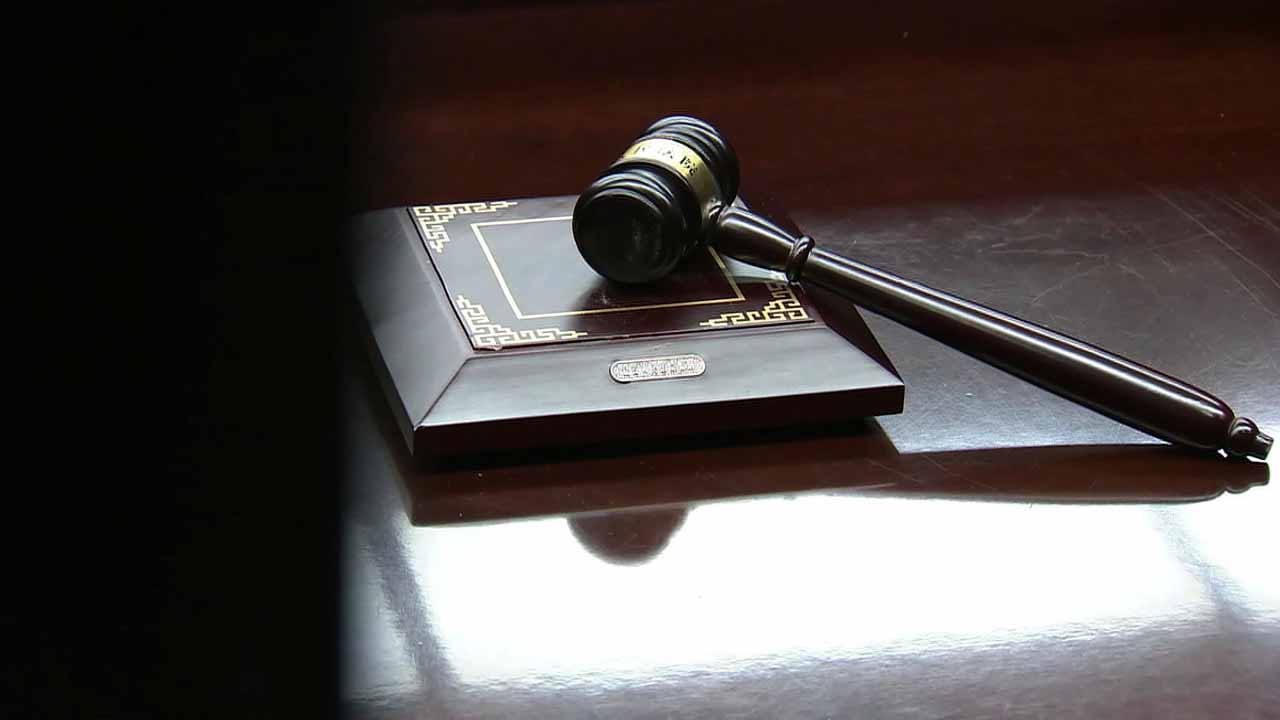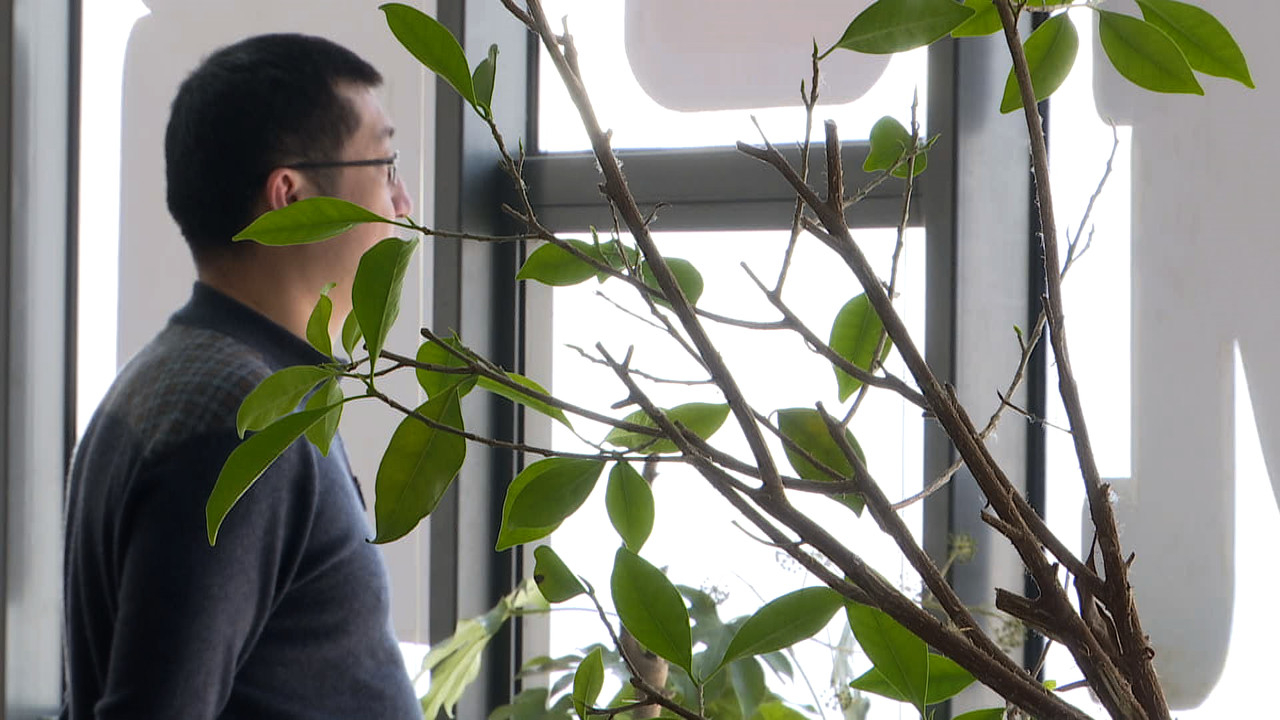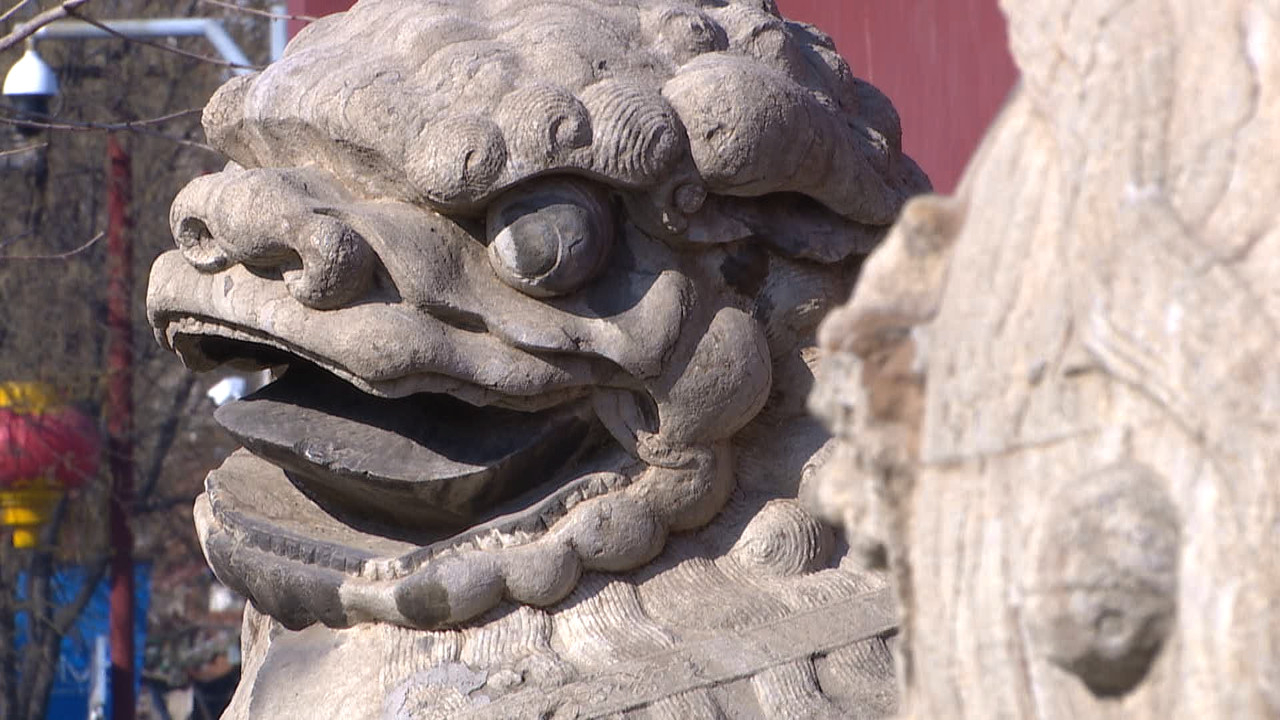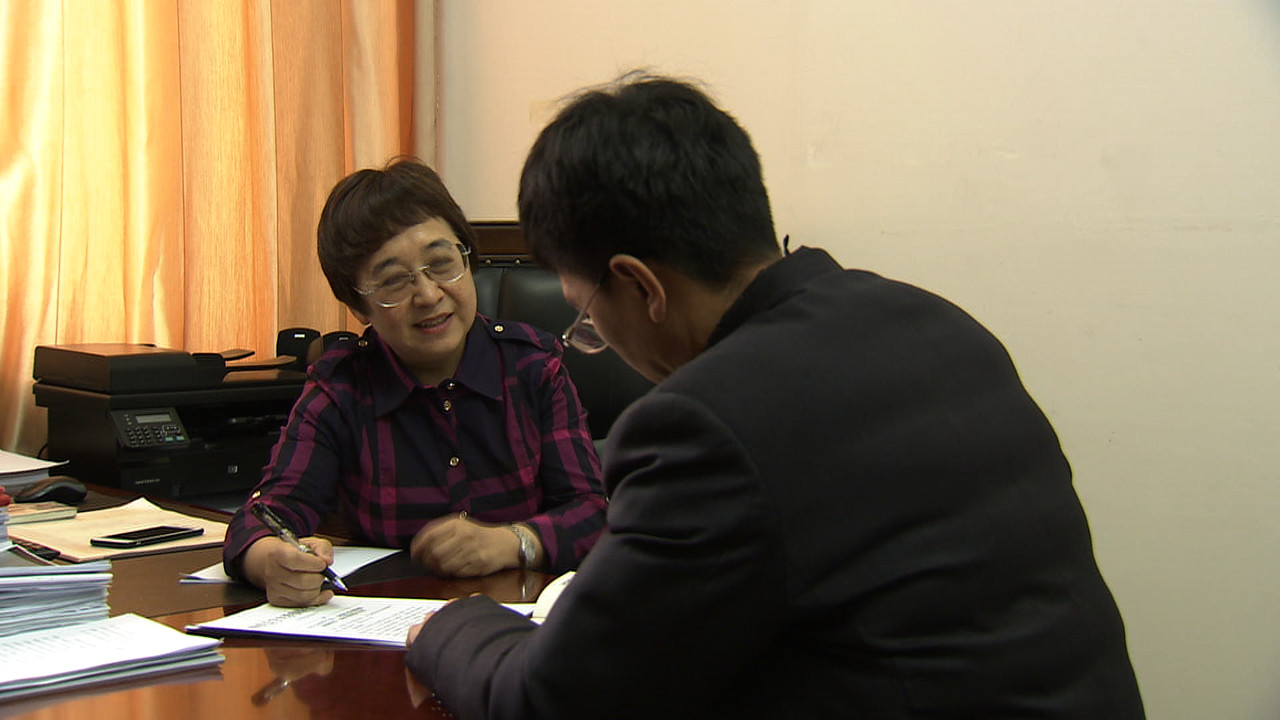
Domestic
14:08, 23-Feb-2019
China's administrative procedure law: Safeguarding the rule of law
Updated
15:10, 01-Mar-2019
By Guan Yang
03:14

Suing the government has never been an easy task. Administrative proceedings in China's judicial system remain a sensitive part of that system. However, thanks to some recent amendments, the National People's Congress has made it easier for those seeking justice for violations of their rights.
Attorney Xiao Liang has more than 10 years of experience in taking the government to court. He specializes in administrative proceedings, a legal action known as "individuals suing government bodies or officials." He says the mentalities of his clients who come to see him have changed dramatically over the years.

Attorney Xiao Liang has more than 10 years of experience helping people sue the government. /CGTN Photo
Attorney Xiao Liang has more than 10 years of experience helping people sue the government. /CGTN Photo
"A decade ago, people were afraid to sue governmental bodies. Then with amendments in administrative proceedings, suddenly more people wanted to file lawsuits when they thought their lawful rights were infringed upon. But nowadays, people have become more rational. They seek legal advice before taking actions," Xiao told CGTN.
The amendments in administrative proceedings include law revisions approved by the National People's Congress in 2014. And the following year, the effects of the bill began. The revisions expanded people's rights to sue the government.
The changes also better ensured the correct and prompt handling of administrative cases by courts, the resolution of administrative disputes and the protection of lawful rights and interests of citizens and organizations. But, the new policies led to some issues.
One of the issues is that in some cases, lawsuits like those against local development zones that don't have the qualifications of the administrative structure by law, have to be filed against the upper government whose act usually has very little to do with the actual disputes. This has caused mismatches while determining who was accountable for legal liabilities, Xiao explained.

Chinese guardian lion statue is seen outside a local court in Shenyang, Liaoning Province. /CGTN photo
Chinese guardian lion statue is seen outside a local court in Shenyang, Liaoning Province. /CGTN photo
New judicial interpretations on administrative proceedings were rolled out last February. They clarify which branches of government must hold legal accountability at trials. But NPC Deputy Yang Song from Liaoning Province says there is still room for improvement.
"The previous amendments made it clear that in order to cut outside interference in administrative proceedings, trials involving lower administrative offices must be carried out at upper-level courts. Based on my research, higher level courts now have many more administrative cases pending, whereas lower level courts have very few," said Yang.

NPC Deputy Yang Song speaks to CGTN reporter. /CGTN Photo
NPC Deputy Yang Song speaks to CGTN reporter. /CGTN Photo
While pursuing the goal of governing the nation is in line with its constitution, these hard-fought amendments to the administrative procedure law prove that to guide the country by the rule of law is never easy.

SITEMAP
Copyright © 2018 CGTN. Beijing ICP prepared NO.16065310-3
Copyright © 2018 CGTN. Beijing ICP prepared NO.16065310-3